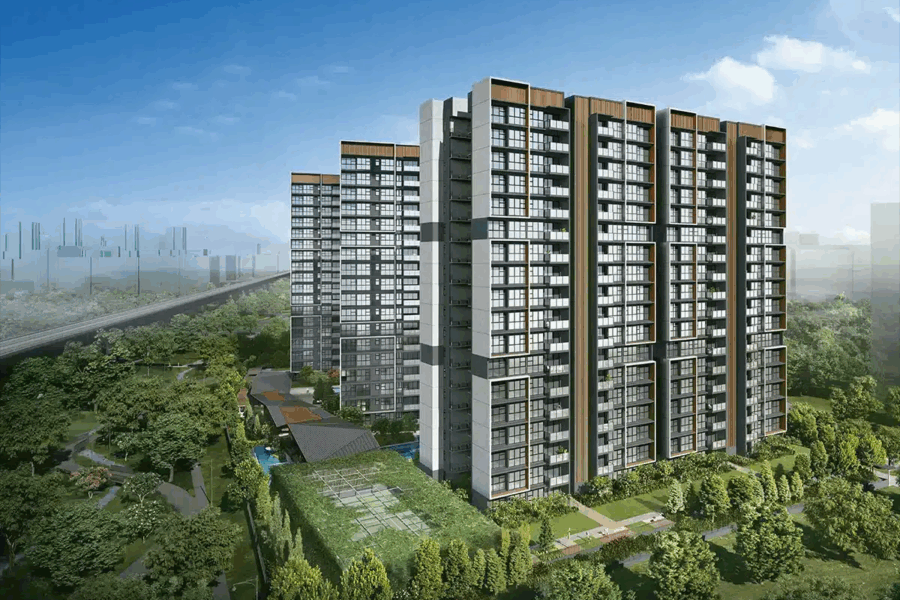In Singapore’s maturing property market, many homeowners are sitting on significant capital gains. With prices having climbed over the past decade, especially in well-located HDBs and private condos, one increasingly popular strategy has emerged — selling your property to unlock cash, a.k.a. treating it like a “Property ATM.”
But is cashing out now a smart move or a short-sighted decision?
Let’s explore how this works, the benefits, the risks, and whether it’s the right strategy for you.
So what is the “Property ATM” mean when you sell?
Instead of refinancing or holding long-term, some owners choose to sell their property at a profit to unlock trapped equity. This cash can then be redirected into:
- Upgrading to a better home
- Buying two smaller properties (own-stay + investment)
- Diversifying into other asset classes (stocks, business, etc.)
- Downshifting to a smaller unit and enjoying the balance cash-free
Think of it as liquidating your asset for a new financial play — you turn “paper gains” into usable capital.
Who is using this strategy?
HDB Upgraders who bought their flat early and are now sitting on $200k–$400k in paper gains
Private condo owners whose resale value has peaked and who wish to reinvest in new launches or dual-key units
Retirees looking to downsize and cash out for retirement income
Investors aiming to restructure their portfolio to higher-yielding or undervalued assets
Benefits of selling to cash out
1. Immediate Liquidity
Unlike refinancing, which adds debt, selling gives you real cash on hand — no repayments, no interest.
2. Portfolio Restructuring
Selling allows you to move capital from one asset to multiple streams — a classic “sell 1, buy 2” strategy.
3. Capitalise on Market Timing
If your property’s value has appreciated significantly, selling during a market high lets you lock in profits rather than risk potential decline.
4. Freedom to Reinvest or Reset
You’re not tied to loan limits, age restrictions, or income criteria like in refinancing. You can choose how, when, and where to re-enter the market — or not at all.
However, here are some Risks and Considerations
1. Re-entry Risk
If you sell and delay your next purchase, prices may continue rising — and you may struggle to re-enter at the same value point.
2. Loss of Appreciation Potential
By selling now, you give up any future upside of the property — especially if it’s in a growth area (e.g., near an MRT, transformation zone).
3. ABSD (Additional Buyer’s Stamp Duty)
If you plan to buy another property, be cautious of ABSD. Consider decoupling, selling before buying, or buying under one spouse’s name.
4. Cost of Moving
Agent fees, legal fees, stamp duties, and renovation costs can eat into your gains if not planned properly.
Is it Smart of Short-Sighted?
Selling to unlock capital can be a smart move — if done with a clear reinvestment or financial strategy in place. It’s not just about cashing out — it’s about what you do next with the capital:
- Buying undervalued resale properties
- Entering new launch projects with first-mover advantages
- Shifting from low-yield to high-yield assets
- Supporting children’s education or retirement planning
If you’re planning to sell without a plan, you may risk making decisions out of FOMO, not foresight.
The Bottom Line
Selling your property as a “Property ATM” is not a one-size-fits-all strategy. But for the right homeowner — with the right timeline, goals, and advisory — it could be the launchpad to a stronger financial future.
The key is not just unlocking cash — it’s knowing what to do after you have it.






Leave a Comment